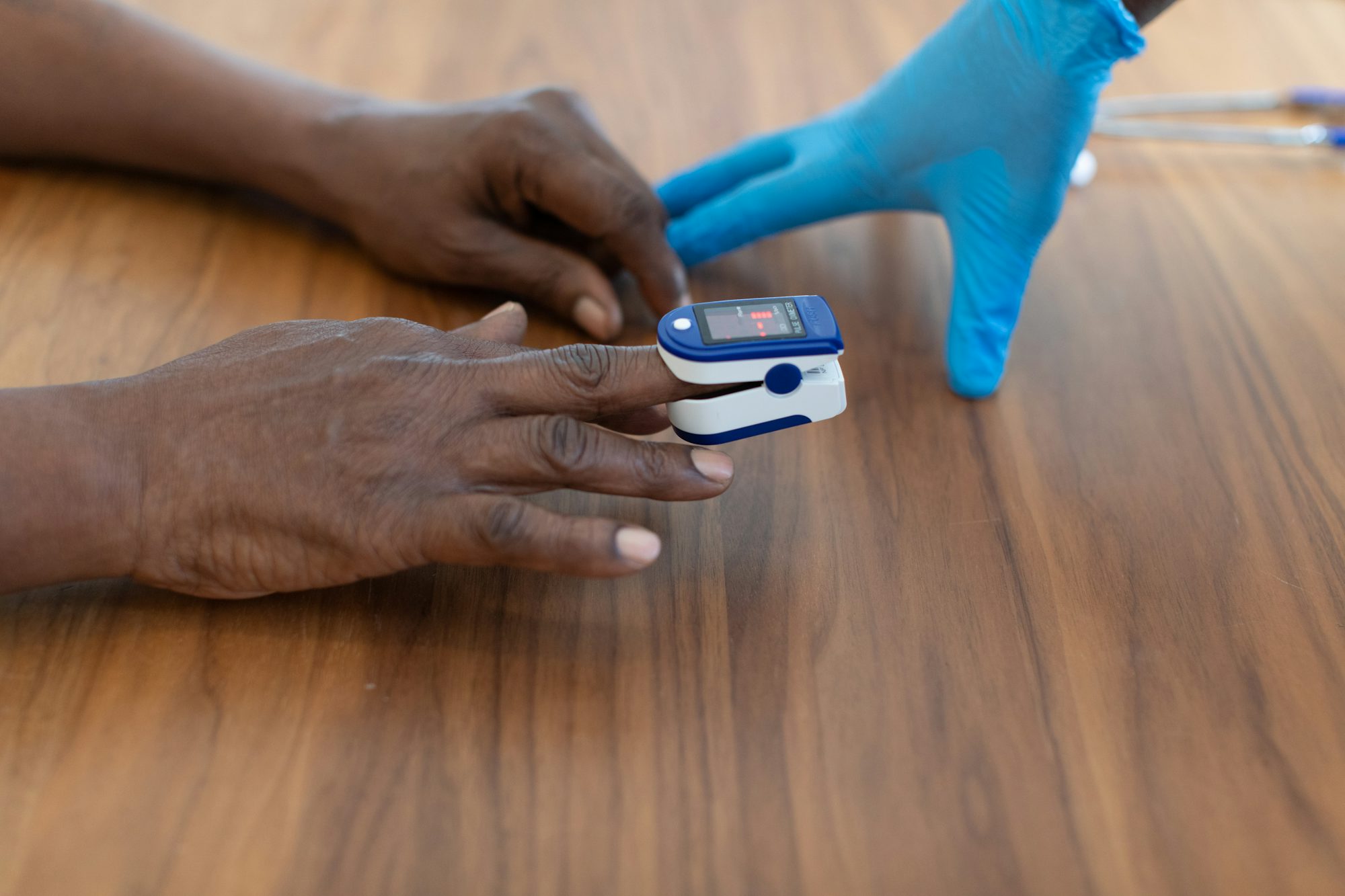Preventive care has emerged as a cornerstone of modern medicine, emphasizing the importance of early intervention and proactive measures in maintaining health and preventing illness. As healthcare evolves, the focus shifts from reactive treatment to a more holistic approach that prioritizes the well-being of individuals through preventive strategies. Understanding the various dimensions of preventive care is essential for both healthcare providers and patients alike, fostering a culture of health that transcends traditional boundaries.
At its core, preventive care aims to identify and mitigate health risks before they develop into more serious conditions. This encompasses a wide array of activities, from routine screenings and vaccinations to lifestyle counseling and health education. The philosophy behind preventive care is simple: by addressing potential health issues early on, individuals can lead healthier lives and reduce the burden on healthcare systems.
One of the most recognizable aspects of preventive care is routine health screenings. These assessments play a vital role in detecting health issues at an early stage, often before symptoms even manifest. Common screenings include blood pressure checks, cholesterol tests, and cancer screenings such as mammograms and colonoscopies. By regularly participating in these evaluations, individuals can stay informed about their health status and make necessary lifestyle adjustments.
Vaccinations are another critical component of preventive care. Immunizations protect individuals from various infectious diseases, contributing to the overall health of communities by promoting herd immunity. Vaccination programs have proven successful in reducing the incidence of preventable illnesses, underscoring the importance of staying up-to-date with immunizations throughout life.
In addition to screenings and vaccinations, lifestyle counseling forms a crucial part of preventive care. Healthcare providers often engage patients in discussions about healthy behaviors, including nutrition, exercise, and stress management. These conversations empower individuals to take charge of their health, equipping them with the knowledge and tools needed to make informed choices. The benefits of adopting a healthier lifestyle extend beyond physical health; they also contribute to improved mental well-being and quality of life.
Preventive care is not solely the responsibility of healthcare providers; individuals play a significant role in their health journey. Self-advocacy is essential in understanding personal health needs and seeking appropriate care. This proactive approach encourages individuals to stay informed about their health, ask questions, and participate in decision-making regarding their care.
Community engagement is another vital aspect of promoting preventive care. Public health initiatives and awareness campaigns aim to educate populations about the importance of prevention and healthy living. These efforts foster a sense of community responsibility, encouraging individuals to support one another in making healthier choices. Schools, workplaces, and community organizations can play a pivotal role in disseminating information and providing resources that empower individuals to prioritize their health.
As technology continues to advance, the integration of digital tools into preventive care practices has gained momentum. Telehealth services, mobile health applications, and wearable devices are transforming how individuals monitor their health and engage with healthcare providers. These innovations facilitate easy access to health information, enabling individuals to track vital signs, set fitness goals, and schedule preventive screenings. The convenience offered by these technologies encourages individuals to take an active role in their health, reinforcing the principles of preventive care.
Furthermore, healthcare providers are increasingly adopting a team-based approach to preventive care. Collaborative care models bring together various specialists, including nutritionists, mental health professionals, and fitness experts, to create comprehensive health plans tailored to individual needs. This multidisciplinary approach ensures that all aspects of a person’s health are considered, promoting a holistic understanding of well-being.
The economic benefits of preventive care cannot be overlooked. Investing in preventive measures not only leads to healthier populations but also reduces healthcare costs in the long run. Preventive care has the potential to alleviate the financial burden on healthcare systems by decreasing the prevalence of chronic conditions and hospitalizations. As governments and organizations recognize the value of prevention, funding for preventive health programs is increasingly prioritized, paving the way for a healthier future.
Moreover, addressing social determinants of health is crucial in the realm of preventive care. Factors such as socioeconomic status, education, and access to healthcare significantly influence health outcomes. By understanding these determinants, healthcare providers can tailor preventive strategies to meet the unique needs of different populations. Community partnerships and initiatives that target at-risk groups can help bridge gaps in healthcare access, ensuring that preventive services are available to all individuals.
In conclusion, preventive care is a fundamental aspect of modern medicine that fosters healthier individuals and communities. By prioritizing early intervention, education, and lifestyle changes, preventive care empowers individuals to take charge of their health and make informed decisions. As we move towards a more preventive-oriented healthcare system, collaboration between healthcare providers, individuals, and communities will be essential in creating a culture of health that promotes well-being for all. Embracing preventive care not only enhances individual quality of life but also contributes to the overall health of society, underscoring its importance in shaping the future of healthcare.





